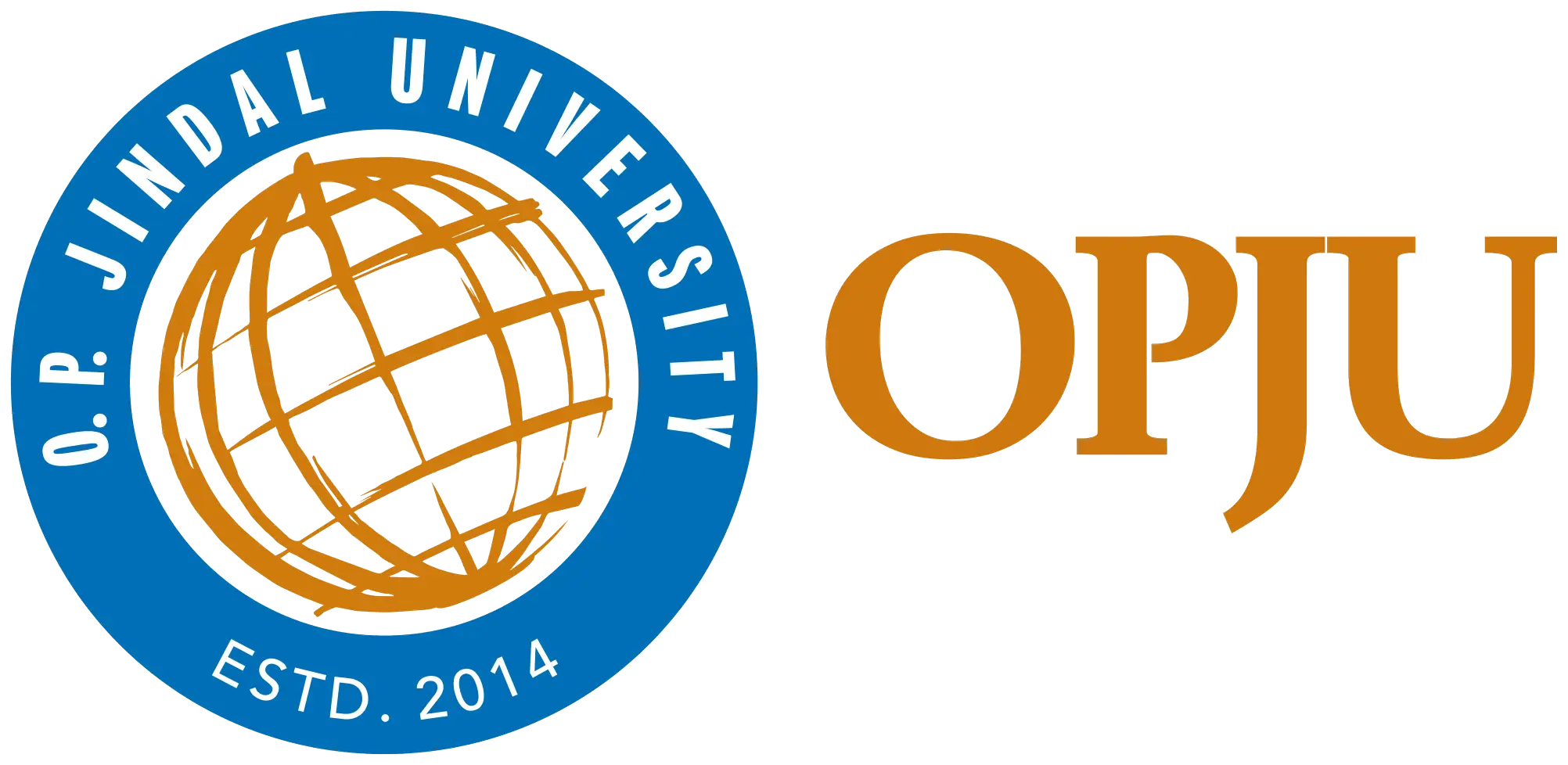The Master of Science (M.Sc.) in Physics at O. P. Jindal University is a two-year postgraduate program designed to provide advanced knowledge, research expertise, and industry-relevant skills in physics. With a focus on cutting-edge scientific methodologies, students gain hands-on experience in synthesis, characterization, computational techniques, and analytical problem-solving. The program fosters critical thinking, leadership, and ethical awareness, ensuring graduates are equipped for evolving scientific and technological landscapes.
Through research in students engage in innovative investigations that prepare them for high-impact careers in pharmaceuticals, chemical industries, biotechnology, healthcare, material science, environmental research, and industrial laboratories. The program also serves as a strong foundation for doctoral studies, academia, and entrepreneurial ventures, empowering graduates to contribute to scientific advancements and sustainable innovations.




-thumb-thumb.jpg)